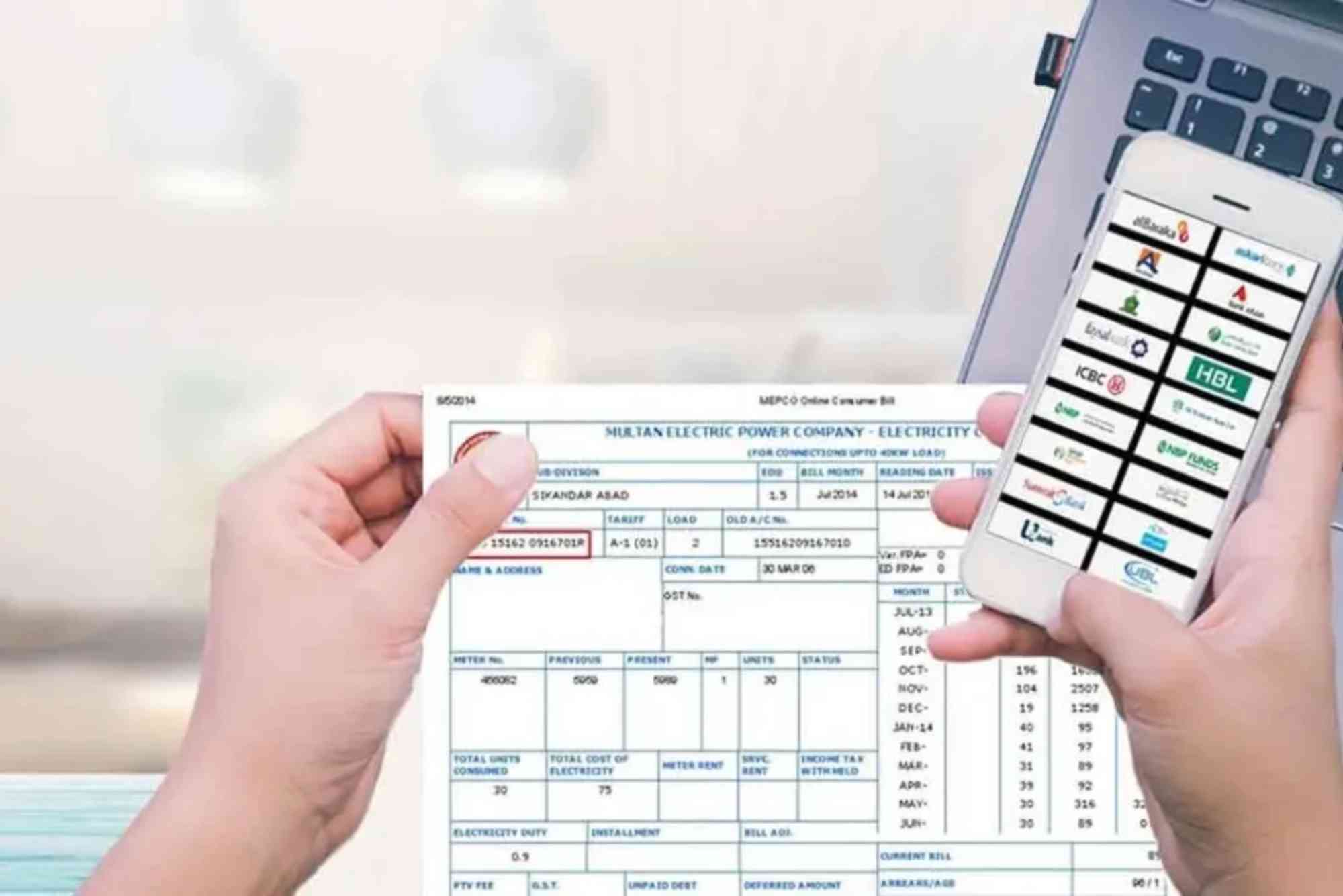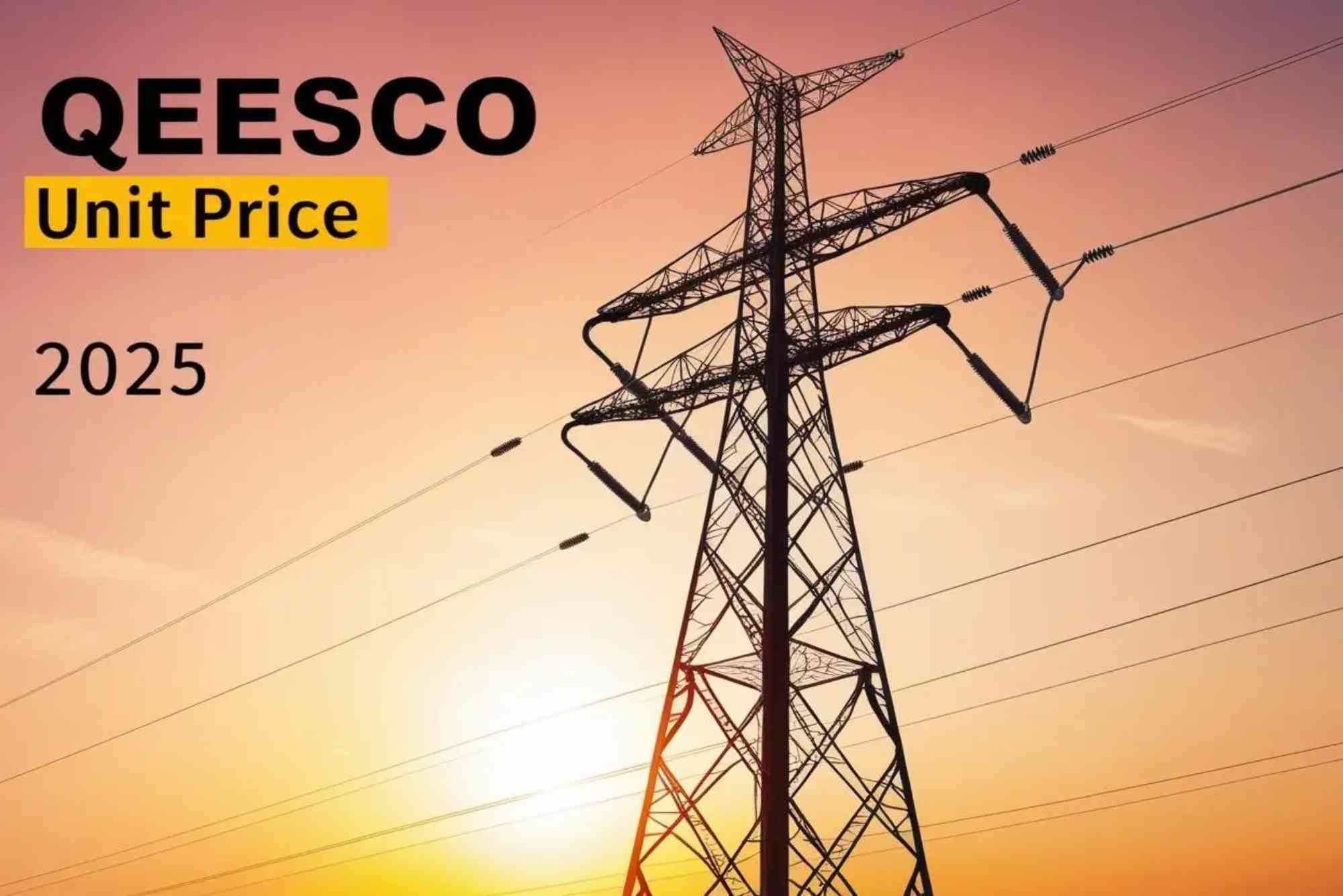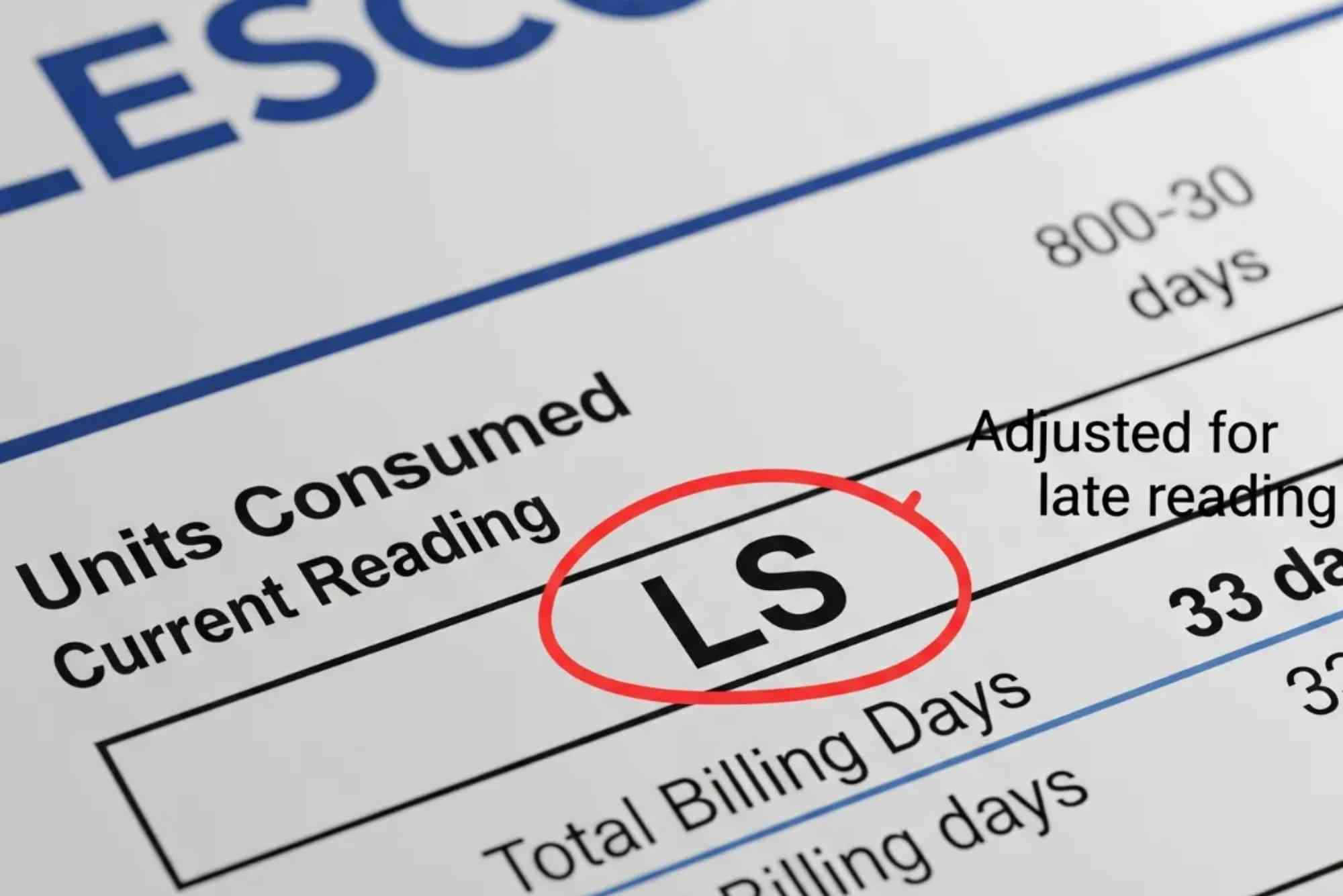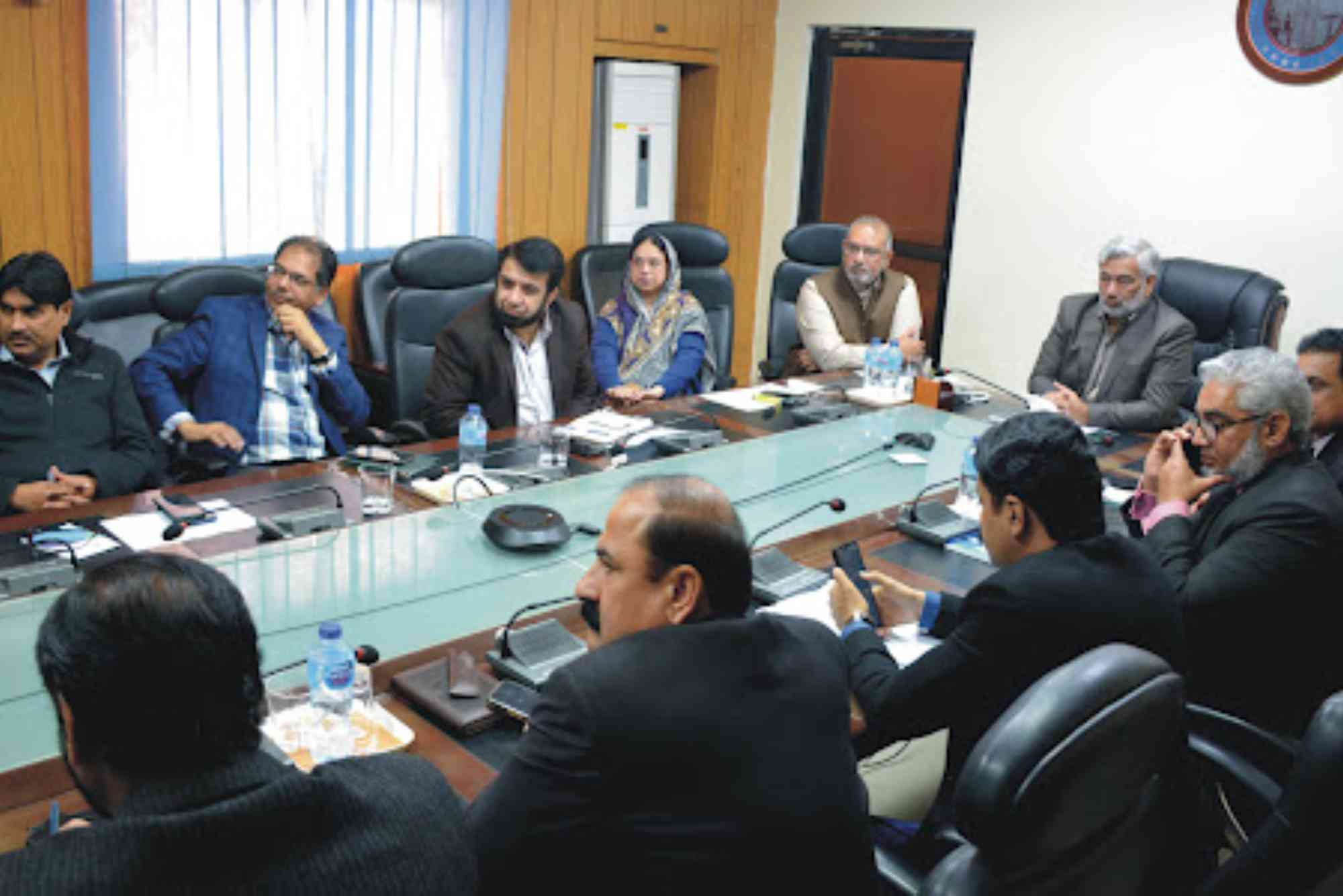QESCO Tenders – Procurement and PPRA Updates
Quetta Electric Supply Company, better known as QESCO, plays a central role in distributing electricity across Balochistan. Like other major power utilities in Pakistan, QESCO regularly announces procurement opportunities through a transparent bidding process. These opportunities, known as qesco tender notices, are crucial for contractors, suppliers, and service providers who want to work with the power sector. Understanding how these tenders are announced, how procurement aligns with PPRA rules, and how businesses can participate effectively is vital for success in this competitive space.
QESCO tenders are published to invite bids for services, construction, electrical equipment, transmission line work, and supply of materials. Every tender issued by QESCO follows the guidelines of the Public Procurement Regulatory Authority (PPRA), ensuring that the process remains fair, competitive, and transparent. Whether you are a seasoned contractor or a new business looking to enter the power sector, staying informed about QESCO’s tender process can open doors to long-term opportunities.
Why QESCO Tender Announcements Matter
Tender announcements by QESCO are not just notices but gateways to economic activity in Balochistan. QESCO covers one of the largest territories among Pakistani distribution companies, which means the scale of its procurement is significant. Contractors often compete for construction projects like grid station development, transformer installation, or line extension. Suppliers, on the other hand, see demand for electrical equipment, meters, wires, poles, and safety gear. For many companies, securing a qesco tender can lead to consistent business and credibility in the energy sector.
Another reason these tenders matter is the regulated nature of electricity procurement. Because PPRA rules govern QESCO’s tendering, businesses are assured of equal opportunity and transparency. This prevents monopolization and allows small and medium-sized contractors to compete alongside bigger companies.
How to Access QESCO Tender Notices
Tender notices are usually published in national newspapers and uploaded on official government platforms. QESCO’s own website provides updated information, while the PPRA portal lists all official tenders announced under its rules. Interested contractors should regularly monitor these platforms to avoid missing deadlines. Since tender submissions often involve strict timelines, being proactive is key.
In addition to the official QESCO and PPRA portals, some third-party websites track and aggregate tender notices, but it is always best to verify with the original sources. Contractors should carefully read the tender documents to understand requirements, submission procedures, and evaluation criteria.
The Role of PPRA in QESCO Tendering
The Public Procurement Regulatory Authority (PPRA) is Pakistan’s central body overseeing procurement by government organizations. For QESCO tenders, PPRA rules are applied to ensure accountability and eliminate corruption. This includes open competitive bidding, standardized procedures, clear evaluation methods, and complaint resolution mechanisms.
PPRA regulations require QESCO to announce tenders publicly, maintain transparency in document availability, and evaluate bids fairly. This boosts investor confidence and ensures that taxpayers’ money is spent efficiently. For businesses, compliance with PPRA rules means they must provide all necessary documentation, maintain quality standards, and ensure competitive pricing. Ignoring these rules often results in disqualification.
Preparing for a QESCO Tender
Businesses interested in applying for a QESCO tender must prepare carefully. The first step is to review the scope of work mentioned in the tender document. Contractors should analyze whether they have the capacity, resources, and technical expertise to fulfill the requirements. Next, they must prepare the technical and financial proposals. The technical proposal outlines capabilities, past experience, and compliance with specifications, while the financial proposal provides the quoted price.
For instance, if QESCO announces a tender for transformer supply, the bidder must include details of manufacturing capacity, product quality certifications, and delivery timelines. Financial quotes should be realistic, competitive, and compliant with market rates. Often, tenders require bid security in the form of a bank guarantee or pay order. Preparing these documents in advance prevents last-minute errors.
Challenges in the QESCO Tender Process
While the process is designed to be transparent, contractors often face challenges. Documentation requirements can be lengthy and complex, leading to delays. Strict deadlines leave little room for error, and missing even a single form can lead to disqualification. Another challenge is the competitive pricing environment. Many companies bid aggressively, which sometimes reduces profitability. Contractors must find a balance between competitiveness and sustainability.
Geographical challenges in Balochistan also affect execution. Remote areas, difficult terrains, and security concerns can increase project costs. Successful contractors usually have strong local networks and logistical strategies to manage these challenges.
Digital Shift in Procurement
In recent years, government organizations, including QESCO, have been moving toward digital platforms for procurement. Online tender documents, e-bidding, and digital communication reduce delays and make the process more accessible. This shift not only increases efficiency but also minimizes human interference, which strengthens transparency.
Businesses interested in digital services can also benefit from tools like QESCO Online Bill Check through platforms such as QESCO Online Bill Check. These services help consumers and businesses stay updated about bills, due dates, and electricity management. Similarly, broader platforms like Online Bill Check simplify the billing process across different electricity companies in Pakistan.
Benefits of Participating in QESCO Tender Opportunities
For contractors and suppliers, QESCO tenders bring several benefits. First, they offer large-scale projects backed by government funding, which ensures payment security. Second, winning a tender builds credibility, which can help businesses secure more projects in the future. Third, working with QESCO allows contractors to expand operations, increase their workforce, and gain technical expertise.
For local businesses in Balochistan, QESCO’s procurement also creates job opportunities and stimulates the regional economy. Small contractors who win subcontracts often grow into larger businesses over time. The multiplier effect of these tenders benefits not only contractors but also local communities.
Future of QESCO Tendering
The future of procurement in QESCO is expected to align further with digitalization, sustainability, and international standards. As Pakistan’s energy sector modernizes, demand for renewable energy projects, smart grids, and energy-efficient technologies will increase. Contractors who invest in innovation and technology will be better positioned to win future tenders.
Additionally, greater emphasis will be placed on quality assurance and environmental compliance. Businesses that adopt green practices, ethical labor standards, and efficient technologies will likely have a competitive edge.
QESCO tender opportunities are a gateway for businesses aiming to enter Pakistan’s power sector, particularly in Balochistan. With procurement regulated by PPRA, the process remains transparent, competitive, and fair. Contractors and suppliers who prepare carefully, comply with requirements, and adopt innovative practices can secure profitable opportunities. By embracing digital tools, businesses can also simplify billing and project management, as seen with services like QESCO Online Bill Check and Online Bill Check. For companies serious about expanding into the power sector, staying updated with QESCO tender notices and preparing strategic proposals is essential. Begin monitoring official platforms today, invest in compliance, and position your business for long-term growth in Pakistan’s energy market.
Frequently Asked Questions
How can I apply for a QESCO tender?
You can apply by downloading tender documents from QESCO or PPRA portals, preparing proposals, and submitting before the deadline.
Where are QESCO tenders published?
They are usually announced on QESCO’s website, the PPRA portal, and in national newspapers.
What documents are required for QESCO tender submission?
Common requirements include company registration, tax certificates, past experience, technical details, financial statements, and bid security.
Can small businesses apply for QESCO tenders?
Yes, small and medium-sized businesses can apply as long as they meet eligibility and technical criteria outlined in the tender.
How does PPRA ensure transparency in QESCO tenders?
PPRA rules require open bidding, fair evaluation, and standardized processes that prevent favoritism or corruption.
What types of projects are usually tendered by QESCO?
Projects range from construction of grid stations and installation of transformers to supply of materials and provision of technical services.
















